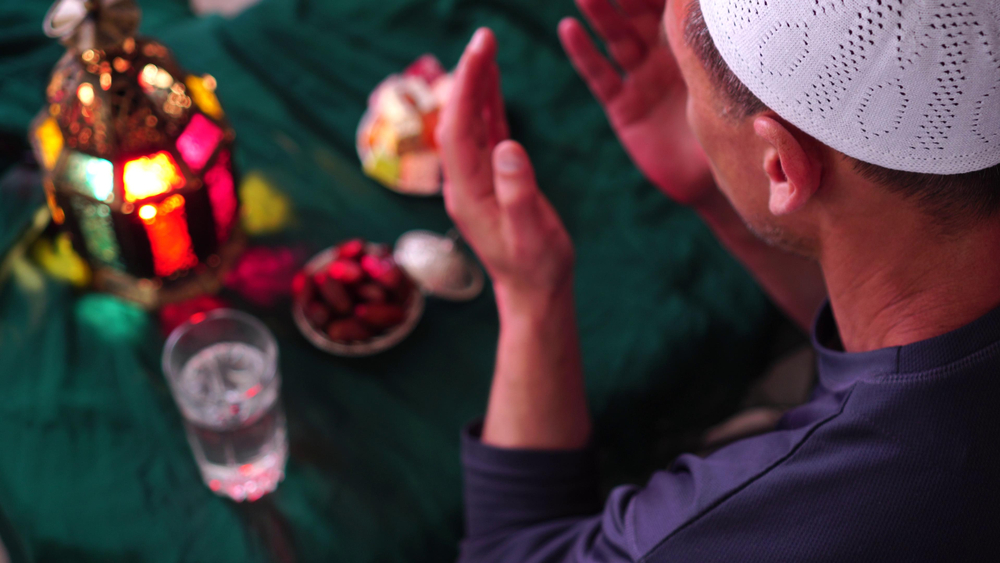How To Make Up or Expiate for Missed Fasts?
Hanafi Fiqh
Answered by Shaykh Abdul-Rahim Reasat
Question
This year I learned about kaffara and a fast missed intentionally or broken; you have to fast 60 days straight or pay for two meals for 60 people.
When I was a child, I didn’t know the value or importance of fasting; I just knew we Muslims have to. I broke a fast intentionally when I was eleven, so I have to make kaffara for this now, even though I didn’t know. It’s been ten years, and I don’t t know how many other days I have broken fasts.
Some days I intended to fast but didn’t wake up for suhoor, so I thought I couldn’t do it because I would find it hard. Does this count as kaffara now?
I am so concerned I don’t know how to make time for all these days. It was only three years ago that I realized you have to make up fasts for periods, and I also have so many days for that for years. Can you help?
Answer
The kaffara is only due if you deliberately broke a fast in Ramadan. Missing a fast only requires making it up. The kaffara is fasting for sixty days continuously. You stop during the days of your menstrual cycle and resume straight after. If one cannot fast, only feeding people is permissible.
Fortunately, only one kaffara is required, even if one has broken fasts on many occasions. The point of it is to teach a lesson, and 60 consecutive fasts should be sufficient for that.
If the incident when you were 11 was an isolated one, if you had not yet reached puberty, you do not have to perform a kaffara. If there are other days, then you need to perform one. Start at least three days after the next Eid, as those days cannot be within the kaffara days. Winter is the easiest time.
Debts Owed to Allah
See these missed fasts and the kaffara as a debt you owe to Allah. One can’t get away from debt. If they are not taken care of in this life, they will have to be taken care of in the Akhira. The Messenger of Allah (Allah bless him and give him peace) said, “The debt [owed to] Allah has a greater right to be paid.” [Ahmad]
You’ll be rewarded, and you’ll discharge your obligations. It’s a win either way.
May Allah grant you the best of both worlds.
[Shaykh] Abdul-Rahim Reasat
Checked and Approved by Shaykh Faraz Rabbani
Shaykh Abdul-Rahim Reasat began his studies in Arabic Grammar and Morphology in 2005. After graduating with a degree in English and History he moved to Damascus in 2007 where, for 18 months, he studied with many erudite scholars. In late 2008 he moved to Amman, Jordan, where he continued his studies for the next six years in Sacred Law (fiqh), legal theory (Usul al-fiqh), theology, hadith methodology, hadith commentary, and Logic. He was also given licenses of mastery in the science of Quranic recital and he was able to study an extensive curriculum of Quranic sciences, tafsir, Arabic grammar, and Arabic eloquence.
